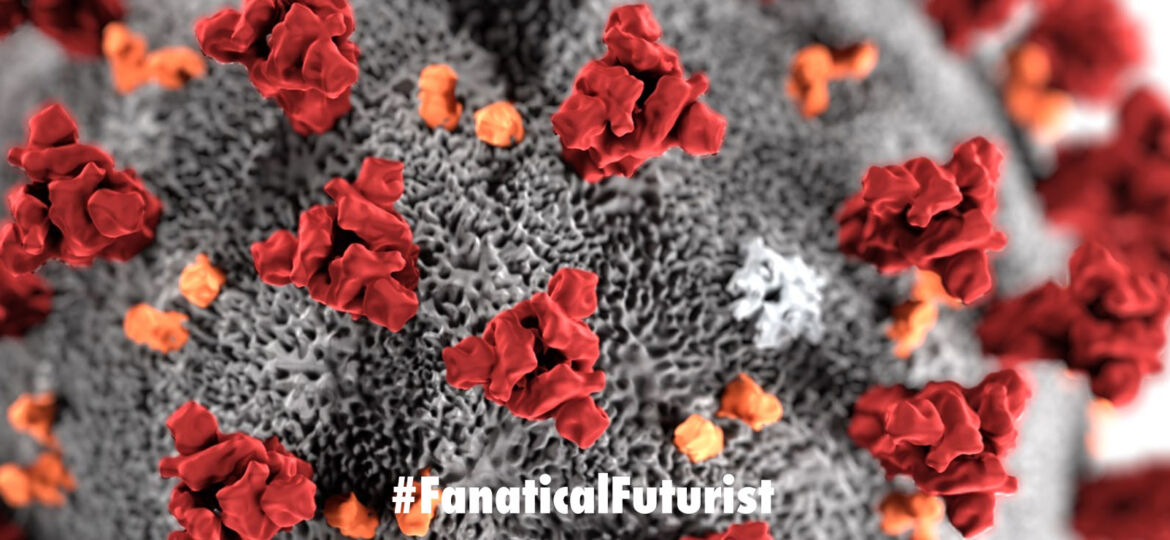
WHY THIS MATTERS IN BRIEF
Doctors on the front line are at high risk of getting infected with Covid-19 so some are turning to robots for help.
 Interested in the Exponential Future? Connect, download a free E-Book, watch a keynote, or browse my blog.
Interested in the Exponential Future? Connect, download a free E-Book, watch a keynote, or browse my blog.
There have been numerous confirmed cases of the quickly spreading Coronavirus, Covid-19, in the US and as the global pandemic takes hold doctors have figured out a way to communicate and diagnose infected patients without exposing themselves to the virus by using telehealth robots.
In this case the robots being used are for patients in Washington state at the Providence Regional Medical Center, according to CNN, and since the coronavirus can be transmitted from person to person doctors at the hospital treating infected patients have wisely decided to take extra precautions and call in the robots to help.
“Telehealth devices like our robots assist caregivers in performing basic diagnostic functions and allow them to communicate easily with the patient,” Rebecca Bartles, the executive director of system infection prevention at Providence St. Joseph Health, told Digital Trends. “This helps reduce the number of up-close interactions, which in turn minimizes the risk of exposure to caregivers.”
The robot, known as Vici, was developed by InTouch Health and has a high definition screen and camera, which allows a doctor or a nurse to help a patient without having to come in contact with them.

The Intouch Health Vici Telehealth Robot
Courtesy: InTouch Health
Vici is most commonly used for doctors located farther away to be able to chat with and examine their patients, but in this case, it’s for the health and safety of the hospital’s employees.
“The nursing staff in the room move the robot around so we can see the patient in the screen, talk to him,” Dr. George Diaz, chief of the infectious disease division at Providence, told CNN. “They’re looking for ongoing presence of the virus.”
People are taking extra caution with the coronavirus outbreak since there’s still so much we don’t know about it. What we do know so far is that symptoms include fever, cough, and shortness of breath and that those symptoms may appear in as few as two days or as long as 14 days after initial exposure.
The virus is believed to have originated in Wuhan, China, but there have been confirmed cases in over a hundred countries now, and late last week the Centers for Disease Control and Prevention (CDC) announced it would expand screening for coronavirus to a total of 20 US airports, and as the pandemic continues its rampage it’s highly likely that many more hospitals around the world will adopt a similar approach to Providence’s.
















